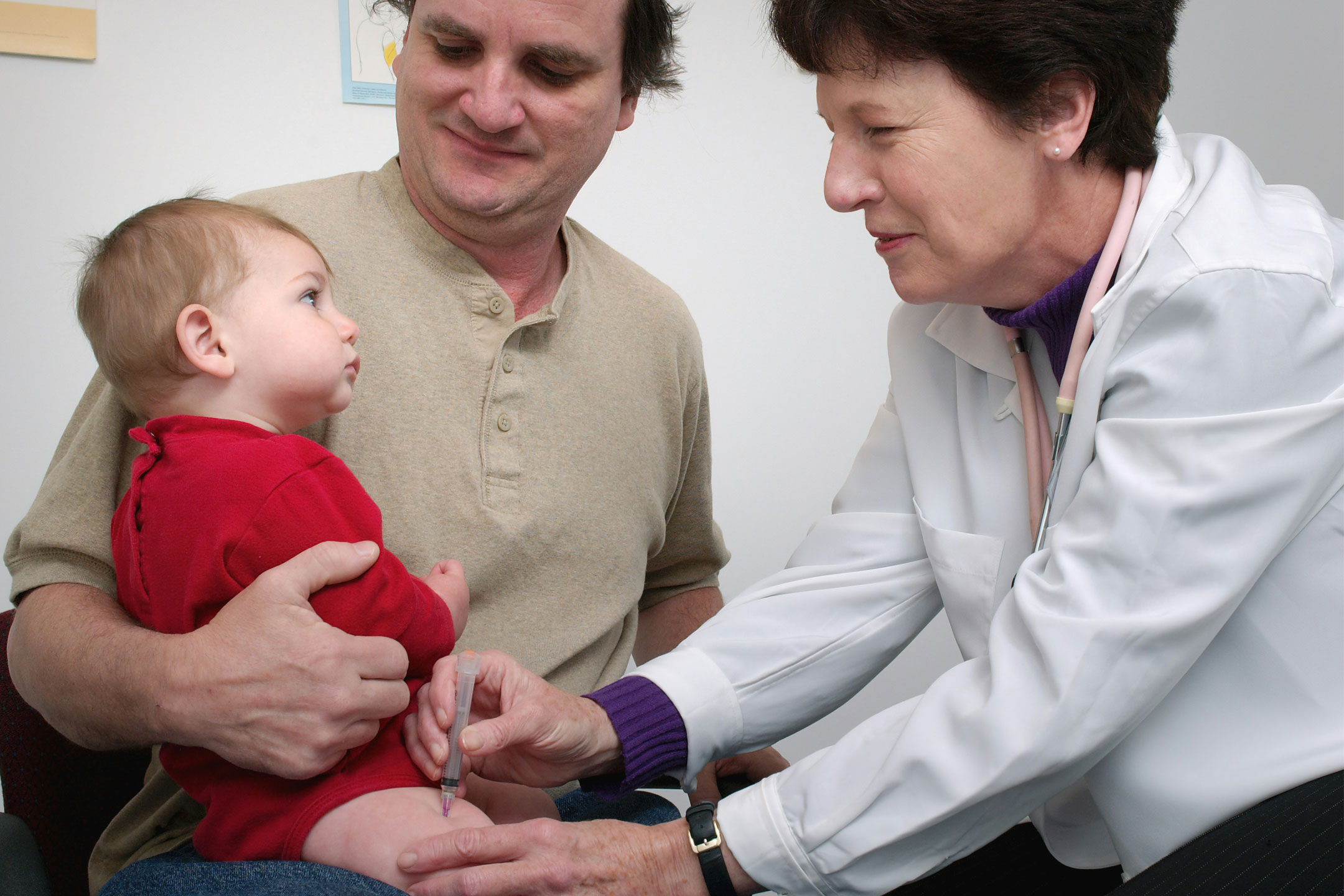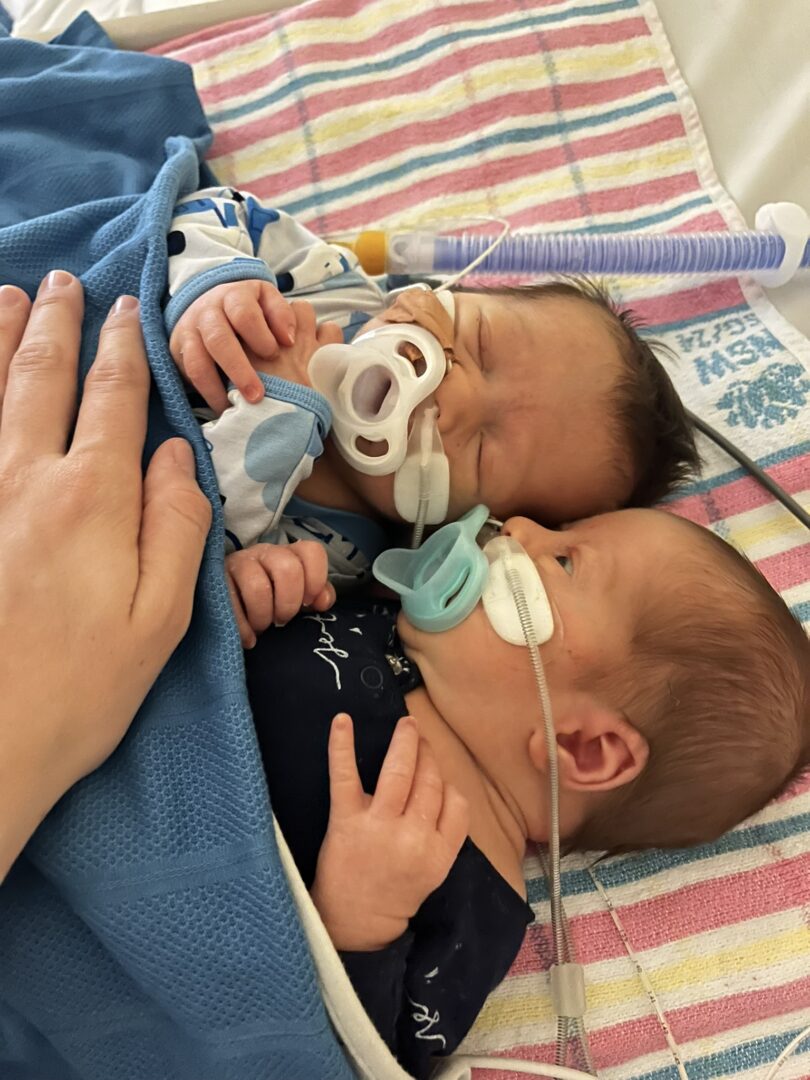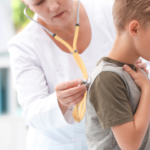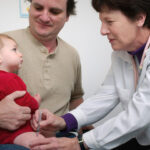
07 Sep A Winter Win: RSV Immunisation Protects 140,000 Babies
Nearly 140,000 Australian babies were protected against severe respiratory syncytial virus (RSV) this winter, thanks to the country’s world-first National RSV Mother and Infant Protection Program.
Early results show a 30% drop in hospital admissions for infants under six months, including a 33% fall in intensive care admissions, compared to last year.
RSV is the leading cause of hospitalisation in children under five, with around 12,000 babies under 12 months admitted each year. Many parents will know RSV as the virus behind serious breathing difficulties and hospital stays during winter.
Newborn twins Callum and Sam were hospitalised for a combined 36 days with severe RSV before protection was available.
How the Program Works
This year marked the first time all Australian families could access free RSV protection through two pathways:
- Maternal RSV Vaccination (Abrysvo): Given during pregnancy (28–36 weeks), this vaccine allows mums to pass protective antibodies to their babies.
- Infant RSV Immunisation (Beyfortus/nirsevimab): A single injection providing same-day protection for babies up to 8 months, lasting around 5–6 months.
So far, 102,000 pregnant women have received the vaccine, while another 36,000 babies have been directly immunised.
Why It Matters for Parents
RSV often strikes hardest in winter, but it circulates year-round. Catherine Hughes AM, Founder of the Immunisation Foundation of Australia, said parents should be proud of protecting their little ones:
“Before RSV immunisations, parents could only watch and worry as their babies suffered. Today, we’re keeping Australian babies well and out of hospital.”
Experts stress it’s not too late. Newborns can still be immunised, and most states and territories offer catch-up programs for babies whose mothers missed vaccination during pregnancy.
Looking Ahead
Professor Chris Blyth, infectious diseases physician, says immunisation dramatically lowers risk: “We know RSV can quickly escalate to serious illness. Protecting infants at their most vulnerable reduces both short- and long-term complications.”
While this milestone highlights strong progress, there are calls for clearer information and broader access. The Immunisation Foundation also hopes RSV protection will soon extend beyond infants to older Australians, who remain at risk but currently can only access vaccines privately.
For now, the message to parents is clear: RSV protection is here, it works, and it’s helping keep babies safe.
Catherine Hughes, Founder and Director of the Immunisation Foundation of Australia
Catherine is the founder of the Immunisation Foundation of Australia and Light For Riley, established after the death of her son Riley from whooping cough in 2015.
Only days after Riley’s death, Catherine and husband Greg successfully advocated for the introduction of free whooping cough vaccines for pregnant women, resulting in a sharp increase in awareness of the impact of whooping cough on babies and up to 90 per cent of Australian pregnant women choosing to protect their babies during pregnancy.
In 2016, Catherine’s infant daughter Lucy was hospitalised with severe RSV. She says: “I won’t lie. We were consumed by thoughts of Riley and a foreboding sense of ‘not again’.” Catherine’s story can be accessed here. In 2022, Catherine was appointed a Member of the Order of Australia for her services to immunisation.
About RSV (respiratory syncytial virus) in children
RSV is the number one cause of hospitalisation for Australian children under five years of age, with up to one-in-four of these children requiring intensive care.2Without RSV immunisation, around 12,000 Australian babies aged 12 months or younger are admitted to hospital with severe RSV each year.2
RSV is a highly contagious virus that most often strikes during the winter months. Babies under the age of six months are most likely to develop severe symptoms, including serious lung infections such as bronchiolitis and pneumonia.





